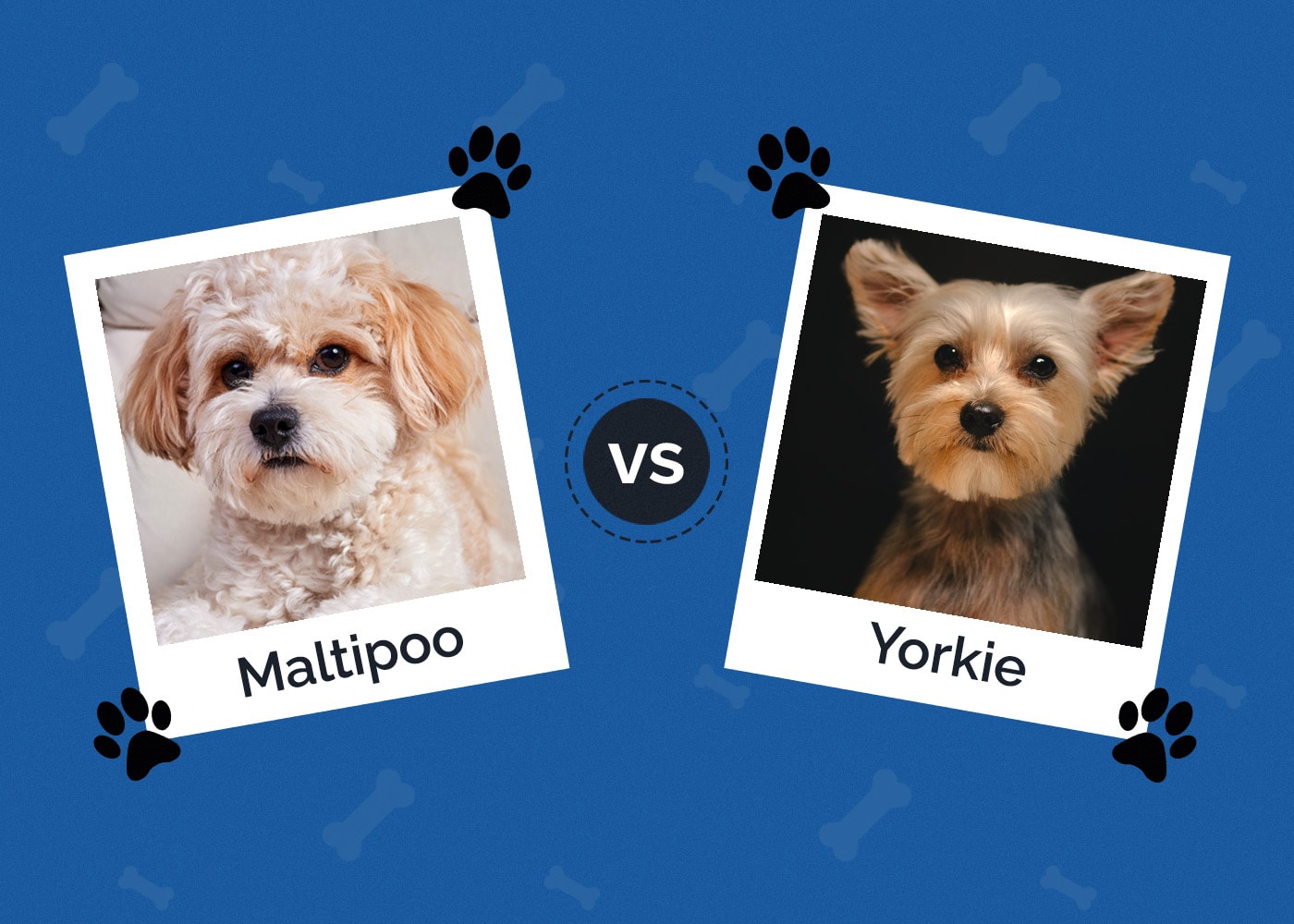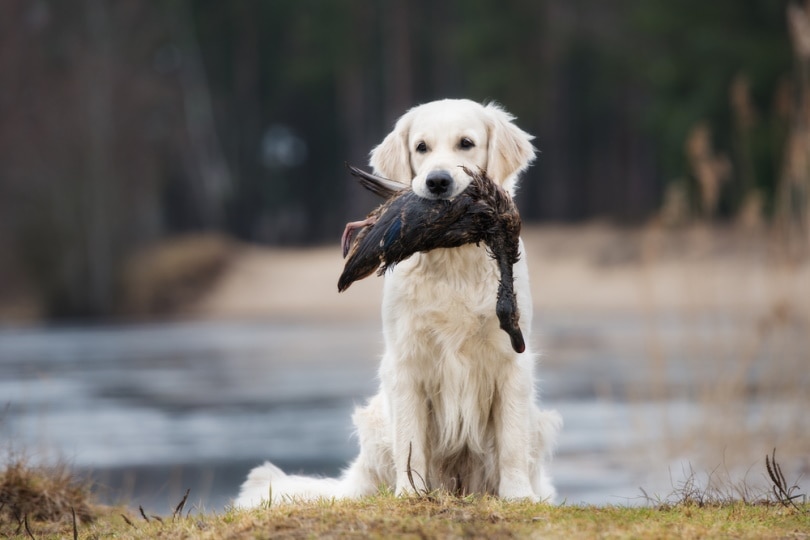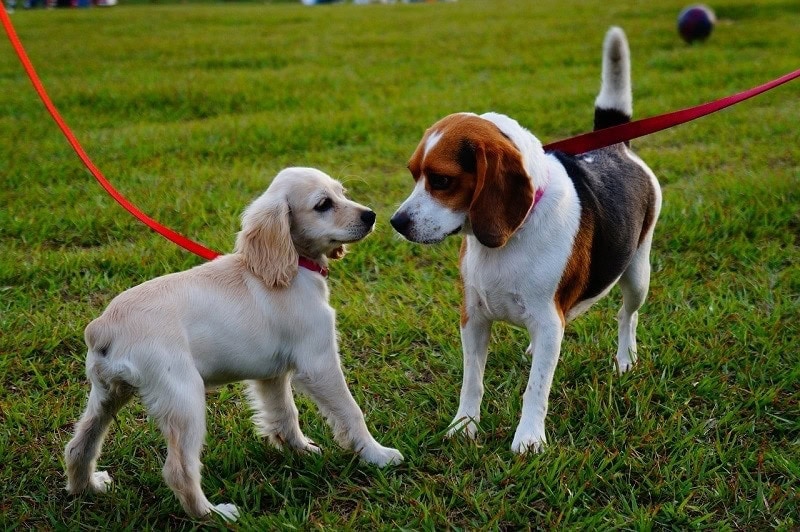Are Great Pyrenees Aggressive? Important Facts & Prevention Tips
By Ed Malaker
Updated on
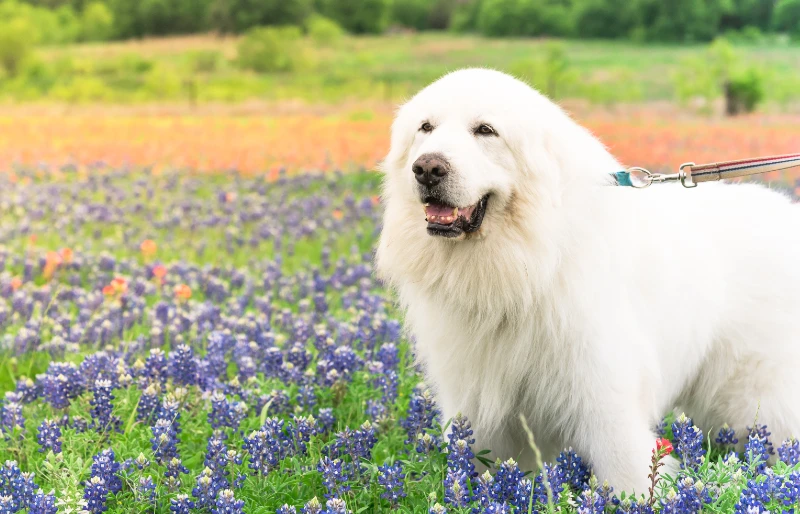
Click to Skip Ahead
The Great Pyrenees is a popular dog due to their large size, affectionate personality, and white coat. However, when wondering whether to add one to the family, many people worry that they might become aggressive as adults. While all dogs are different, the Great Pyrenees has a low tendency for aggression. Keep reading for several factors that can cause a Great Pyrenees to be aggressive and how to prevent such a situation.
About the Great Pyrenees
Great Pyrenees Origin
The Great Pyrenees, also known as the Pyrenean Mountain Dog, originated in the Pyrenees Mountains, straddling France and Spain. Their history is deeply rooted in herding and guarding livestock from predators like wolves and bears. Their sense of responsibility, loyalty, and protective instincts are part of their DNA.
Physical Characteristics
The Great Pyrenees is a large, powerful dog with a sturdy build, often weighing over 100 pounds. Their thick, double coat is predominantly white and serves practical and aesthetic purposes. It helps them blend in with the sheep that they protect and reflects sunlight, keeping them cool in their mountainous habitats.
Temperament and Personality
The Great Pyrenees is known for their gentle and calm personality. Owners often describe these dogs as gentle giants because of their affectionate and patient nature. They form strong bonds with their families and are incredibly loyal. They are good with children and can make excellent family pets when properly socialized and trained.
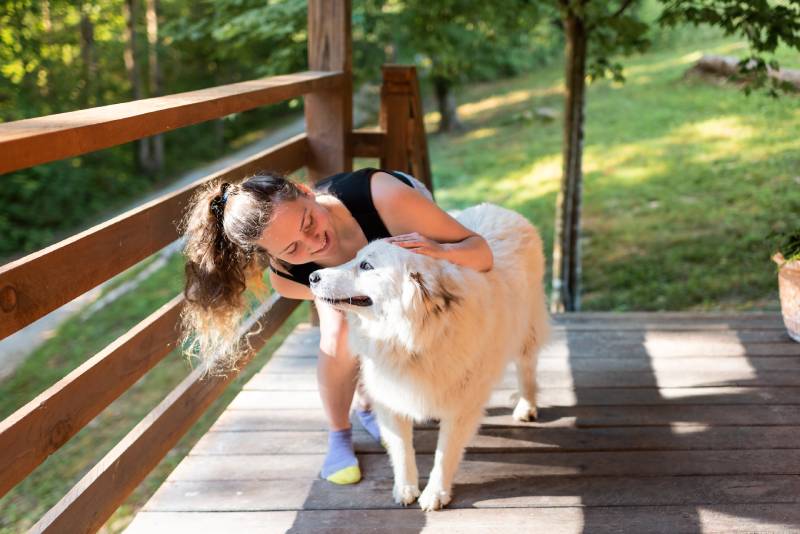
The 4 Reasons a Great Pyrenees Be Considered Aggressive
While the temperament of a Great Pyrenees is generally gentle and protective, some individuals may exhibit behaviors that owners might see as aggression. It’s important to understand that dog aggression is a complex issue not exclusive to any particular breed. It is the result of genetics, upbringing, socialization, and environment.
1. Protective Instincts
A common behavior that can be mistaken for aggression is a display of their protective instincts. Great Pyrenees are inherently protective as a result of centuries of guarding livestock. When they perceive a threat to their family or territory, they may bark loudly and position themselves between the perceived threat and their loved ones. This behavior is a demonstration of their protective nature, not aggression.
2. Territorial Behavior
Great Pyrenees can be territorial, especially in their living space. They may not take kindly to strangers or unfamiliar dogs entering their territory, which can lead to standoffish behavior. However, it’s important to recognize that this is a normal canine instinct rather than outright aggression.
3. Socialization
Early socialization is essential for raising a well-behaved and non-aggressive Great Pyrenees. Proper socialization from a young age helps them distinguish between real threats and harmless situations. It also helps them become comfortable around new people and animals, reducing the likelihood of aggressive behavior when they are adults.
4. Fear
In some cases, what appears to be aggression in Great Pyrenees may be fear-based behavior. When confronted with a new or intimidating situation, some dogs may respond defensively, which inexperienced observers might see as aggression. Owners must differentiate between true aggression and a dog’s natural response to feeling threatened or overwhelmed.
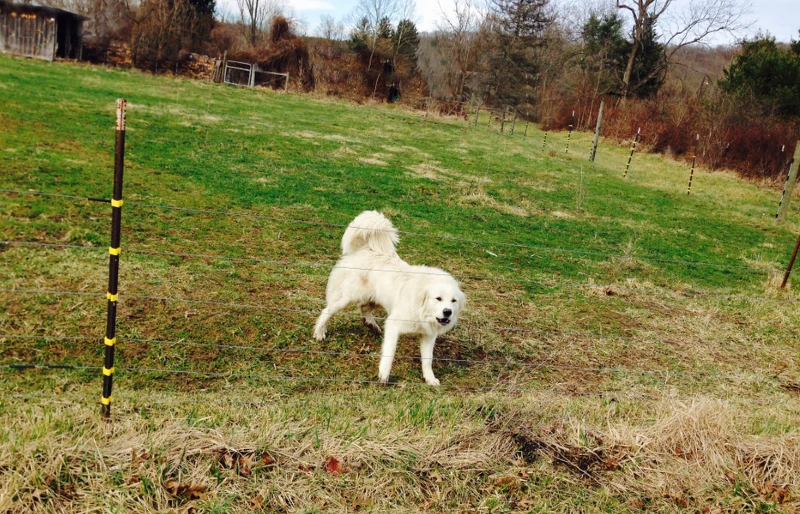
The 6 Tips for Preventing Great Pyrenees From Becoming Aggressive
1. Socialization
Start socializing your Great Pyrenees from a young age. Expose them to various people, animals, and environments to help them become confident and well-adjusted adults. Gradual and positive exposure is vital to successful socialization.
2. Training
Consistent and positive reinforcement-based training is essential for Great Pyrenees. They respond well to rewards and praise, so use these to encourage desired behaviors. Be patient and understanding of their independent nature, and avoid harsh training methods.
3. Exercise and Mental Stimulation
Great Pyrenees are active dogs that enjoy regular exercise. Daily walks or playtime in a secure area is essential to stimulate them physically and mentally. A bored dog may exhibit undesirable behaviors like chewing on the furniture or digging.
4. Secure Fencing
Given their protective instincts and independence, it’s crucial to have secure fencing in place. The Great Pyrenees is known for their wandering tendencies, and a strong enclosure will prevent them from roaming.
5. Positive Reinforcement
Use positive reinforcement to reinforce desired behaviors. Reward your Great Pyrenees with treats, praise, and affection when they behave well to help build a strong bond between you and your dog.
6. Consistent Leadership
Establish yourself as the leader without resorting to dominance-based training methods. The Great Pyrenees responds well to confident and consistent leadership, as they know that it will provide them with security and guidance.
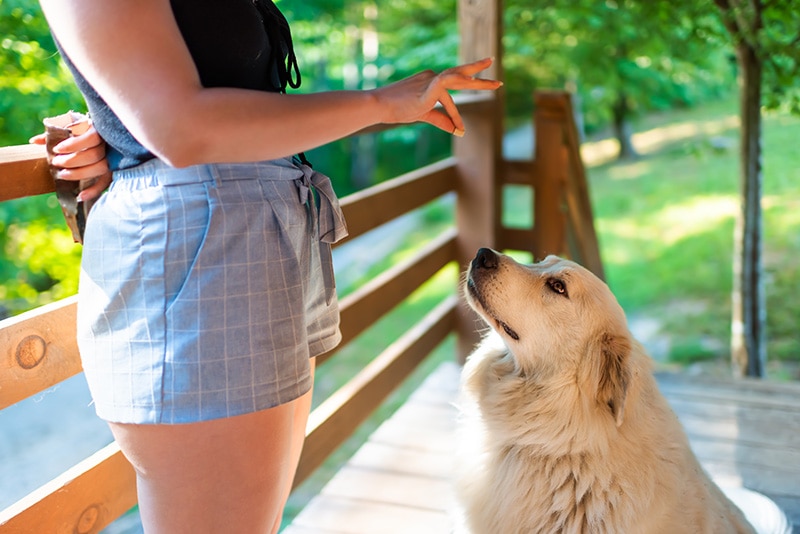
Frequently Asked Questions
Are Great Pyrenees Good Family Dogs?
Yes, Great Pyrenees are generally good family dogs. They are gentle and protective, making them loyal companions and excellent family guardians.
Do Great Pyrenees Get Along With Other Pets?
Great Pyrenees can get along with other pets, especially if you socialize them with other animals from a young age.
Do Great Pyrenees Require a Large Amount of Exercise?
Yes, Great Pyrenees are active dogs that require regular exercise. Daily walks and playtime are important to keep them physically and mentally stimulated.
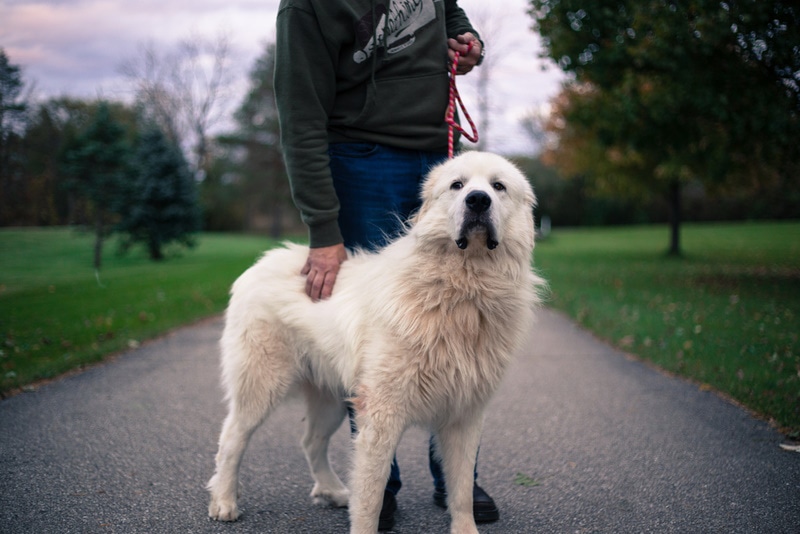
Summary
The Great Pyrenees is often called a gentle giant due to their friendly nature and low tendency toward aggression. However, they are guard dogs that have been protecting sheep and other livestock for thousands of years and are territorial, especially in the area they live in, and some people might confuse these instincts with aggression. Plenty of socialization with people, places, and other animals, when they are still a puppy, will help them feel more comfortable around these things as adults, as will proper training using positive reinforcement techniques. Ensuring that they get enough exercise and mental stimulation can help them avoid becoming bored, which often leads to misbehaving and aggressive behavior.
Featured Image Credit: Trong Nguyen, Shutterstock


